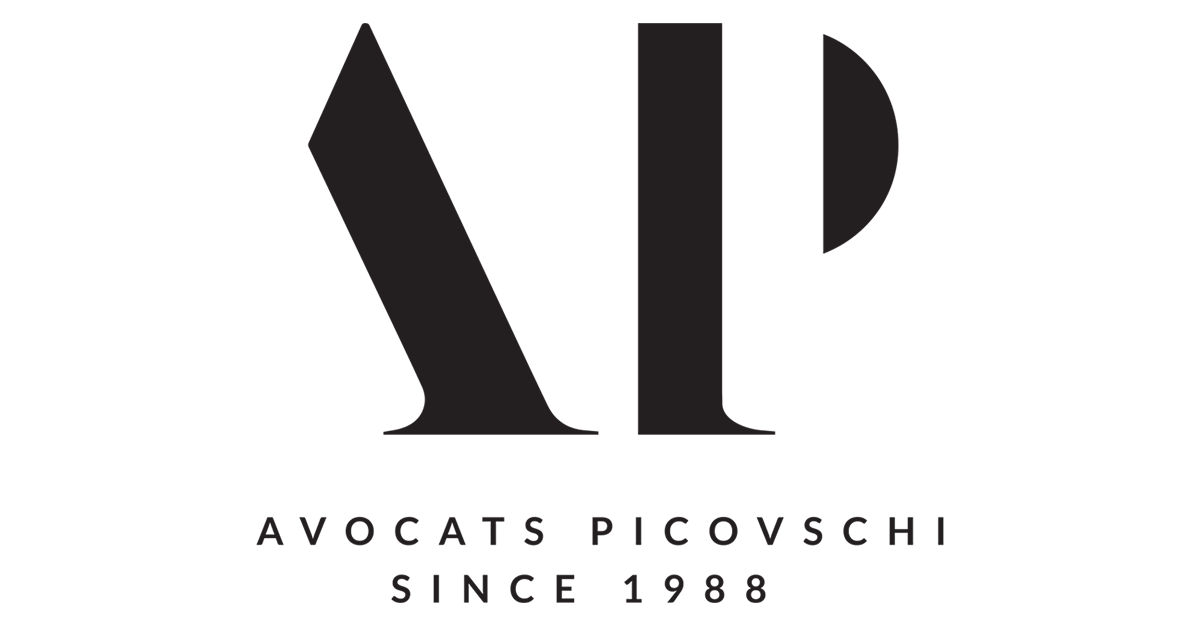AFP extension
ANNOUNCEMENTS•
South African actress Charlize Theron is under fire in her country after calling Afrikaans an endangered language. In a podcast, Theron jokingly said, “There are about 44 people who still speak it. It’s definitely a dying language and it’s not a very useful language.”
His comments drew angry reactions from South African celebrities. Since language is inextricably linked to apartheid, discussions about it are very sensitive. Afrikaans is seen by many South Africans as the language of oppressors. But there is also a part of the population that considers Afrikaans part of its history and therefore does not want it to die out.
The African Language Council immediately asked Theron to apologise. “As an icon and role model for many young South Africans, Charlize Theron’s ill-informed ‘throwaway’ remarks about Afrikaans touch tongue to heart.”
One of the most famous South African singers who sings mostly in Afrikaans, Steve Hofmeyr, calls it absurd that Afrikaans is dying and says it is very much alive.
Theron said on the podcast that up until the age of 19, she only spoke Afrikaans and didn’t communicate in English. He said that nowadays no one around her spoke Afrikaans anymore.
Dutch words
Afrikaans consists mostly of originally Dutch words and is mainly spoken in South Africa. Most of the speakers are descendants of Dutch people who settled the Cape Colony in the 17th century. Over the centuries, Afrikaans has been influenced by Portuguese, French, and English, among others.
It is one of South Africa’s eleven official languages and is used by around 12% of its nearly 60 million inhabitants. This makes Afrikaans the third most spoken language in the country.
Official language
In the last century, only English and Afrikaans were officially recognized in the country. Making Afrikaans compulsory in schools was the immediate cause of the 1976 Soweto uprising against the apartheid regime, in which at least 170 people, mostly schoolchildren, were killed.
Ryanair was discredited last June because all South African passengers who wanted to travel to the UK had to prove their nationality by passing an Afrikaans proficiency test. Those who failed the test could not get on board. After the criticisms, the company decided to stop the test.


